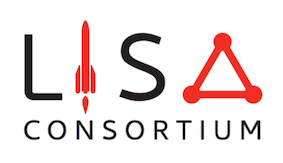Speaker
Description
We explore the impact of choosing different sets of Time-Delay Interferometry
(TDI) variables for detecting and reconstructing Stochastic Gravitational Wave
Background (SGWB) signals and estimating the instrumental noise in LISA. Most
works in the literature build their data analysis pipelines relying on a
particular set of TDI channels, the so-called AET variables, which are
orthogonal under idealized conditions. By relaxing the assumption of a
perfectly equilateral LISA configuration, we investigate to which degree these
channels remain orthogonal and compare them to other TDI channels. We show that
different sets of TDI variables are more robust under perturbations of the
perfect equilateral configuration, better preserving their orthogonality and,
thus, leading to a more accurate estimate of the instrumental noise. Moreover,
we investigate the impact of considering the noise levels associated with each
instrumental noise source to be independent of one another, generalizing the
analysis from two to twelve noise parameters. We find that, in this scenario,
the assumption of orthogonality is broken for all the TDI variables, leading to
a misestimation of measurement error for some of the noise parameters.
Remarkably, we find that for a flat power-law signal, the reconstruction of the
signal parameters is nearly unaffected in these various configurations.

